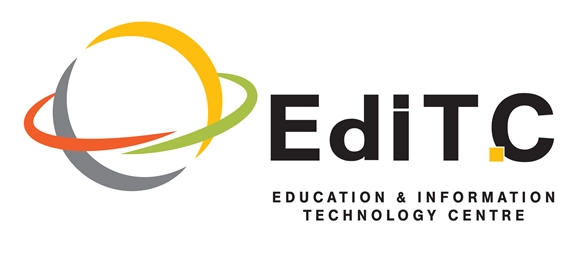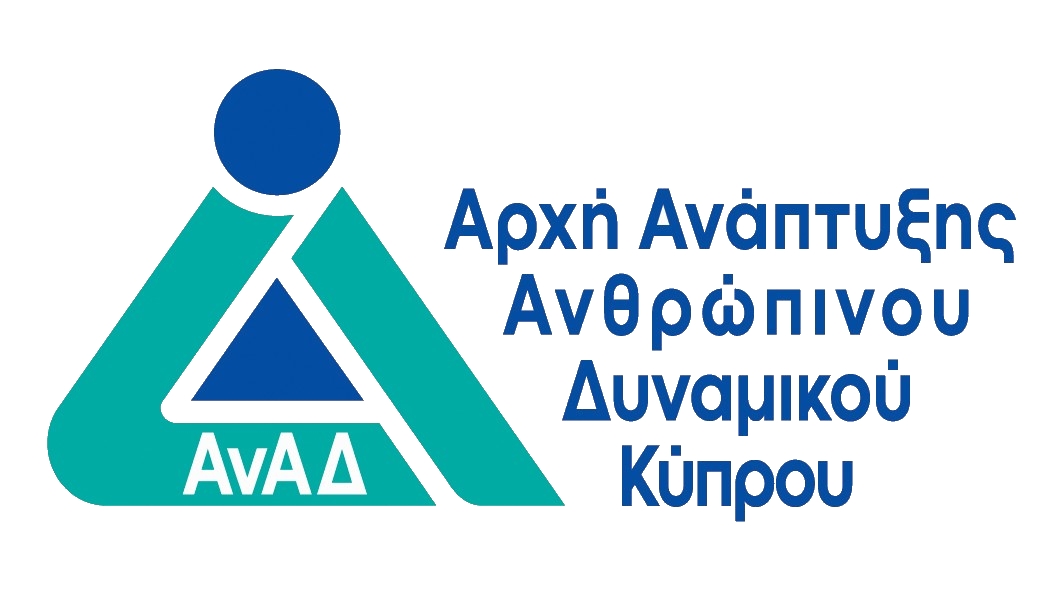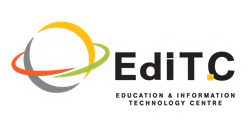
Professional Scrum Master™ (PSM) I
- Οργάνωση/ Διοίκηση/ Ηγεσία - Soft Skills / Επικοινωνία - Ανθρώπινο Δυναμικό (HR)

ΠΕΡΙΓΡΑΦΗ
Professional Scrum Master™ (PSM) is an interactive, activity-based course where students gain a strong understanding of Professional Scrum and the role of the Scrum Master. Through a combination of discussion and exercises, students develop a deep understanding of the underlying principles of Scrum and the Agile mindset while learning the practices applied by successful Scrum Teams
In this two day course students are challenged to explore the Agile and Scrum principles so they can better understand what to do when applying Scrum to support their teams and organizations.
The course, is an engaging, enjoyable learning experience where students gain a deep understanding of Scrum theory and principles, the Scrum Master accountabilities and why each element of the Scrum framework is important.
ΣΚΟΠΟΣ ΣΕΜΙΝΑΡΙΟΥ
Upon completion the participants will:
- Describe how each part of the Scrum framework ties back to the principles and theory
- Appreciate the uncertainty and complexity in product delivery
- Describe the meaning and importance of the Scrum values
- Explain what Done means and why it is crucial to transparency
- Explain how to use the Product Backlog to plan with agility
- Describe the importance of self-managing teams, interpersonal skills needed, and the Scrum Master role
- Clarify the leadership role a Scrum Master plays on the team
ΣΕ ΠΟΙΟΥΣ ΑΠΕΥΘΥΝΕΤΑΙ
This course is for professionals in any industry where teams are working to solve complex problems. The Professional Scrum Master course is for:
- Practitioners that are interested in starting a career as a Scrum Master
- Scrum Masters, Agile/Scrum Coaches and consultant looking to improve their use of Scrum
- Anyone involved in product delivery/project delivery using Scrum
ΠΕΡΙΣΣΟΤΕΡΕΣ ΠΛΗΡΟΦΟΡΙΕΣ
Topics
Introduction
- The World before Agile and Scrum
- The Waterfall Model
- The birth of Agile
Unit 1: Continuously Improving Your Scrum Practice
- The Seven Key Areas to Improve Your Scrum Practice
- An Agile Mindset
- Empiricism Is at the Heart of Scrum
- Mastering Scrum Means Improving Teamwork
- Scrum Team Characteristics
- The Importance of Team Processes
- The Organization Can Greatly Influence the Team’s Performance
- Teaching, Facilitation, Coaching Skills
- Technical Excellence
- Servant Leadership
- A Process for Continuous Improvement
- What Hurts the Most?
- Root Cause Analysis
- Experiment with Different Approaches
- Success or Failure?
Unit 2 Creating a Strong Team Foundation
- Forming a Team Identity
- What Makes a Good Team Member?
- Who Should Be on a Scrum Team?
- Development Teams Need to Know About More Than Just Development
- How Do Scrum Teams Form Working Agreements?
- What Does Self-Organization Look Like?
- Shared Goals
- Clear Accountability
- Boundaries
- How Do Scrum Teams Collaborate?
- How Do Teams Progress?
- Characteristics of Productive and Adaptable Teams
Unit 3: Delivering “Done” Product Increments Video
- What Is a Definition of “Done”?
- Benefits of a Definition of “Done”
- How to Create a Definition of “Done”
- Using Sprint Goals to Get to “Done”
- Creating Good Sprint Goals
- Using the Sprint Goal for an Effective Daily Scrum
- Getting PBIs to “Done” Earlier in the Sprint
- Limiting Work Items in Progress
- Measuring and Analyzing Flow
- Building in Quality from the Beginning
- Automation and “Done”
- DevOps
- Code Reviews
- Quality Metrics
- Tackling Technical Debt
- Making Technical Debt Transparent
- Making Technical Debt “Repayment” Visible
Unit 4 Improving Value Delivered
- What Is Value?
- Delivering Faster Is a Good Start, But Not Enough
- Product Value and the Scrum Team
- Using the Product Vision to Enliven Team Purpose, Focus, and Identity
- Measuring Value
- Focusing PBIs on User Outcomes
- Improving Value Delivered During the Sprint
- Inspecting and Adapting Based on Feedback
- Learning as Value
- Effective Sprint Reviews Include Value Realized
- Gathering Stakeholder Feedback
Unit 5 Improving Planning
- Planning with a Product Mindset
- Measuring Success
- Planning Empirically
- Creating Alignment
- Product Backlog Refinement
- Minimum Viable Product Backlog Refinement
- Estimation
- Breaking PBIs Down to Focus on Valuable Outcomes
- Planning a Sprint
- How Much Can You Get “Done” in a Sprint?
- How Much Time Should You Spend on Improving This Sprint?
- How Far Ahead to Refine
- Planning Releases
- How Large Should a Release Be?
- How Small Can a Release Be?
Unit 6: Helping Scrum Teams Develop and Improve
- Using the Sprint Retrospective to Uncover Areas for Improvement
- Identifying and Removing Impediments
- Tracking Impediments and Quantifying Impacts
- Tackling Impediments
- Growing Individual and Team Capabilities
- Make Time for Continuous Learning and Growth
- Leverage Knowledge and Experience in the Organization
- Being an Accountable Scrum Master
- Measuring the Success of a Scrum Master
- Effective Scrum Masters Vary Their Approach Based on Context
Unit 7: Leveraging the Organization to Improve
- Organizations Need to Evolve to Succeed
- Developing People and Teams
- The Impacts of Performance Reviews and Compensation
- Individual Career Paths
- Sourcing Strategies and Team Impacts
- Distributed Teams
- Getting Comfortable with Transparency
- A Culture of Accountability, Not a Culture of Blame
- Letting Go of (the Illusion of) Control
- The Real Power of the Iron Triangle
- Funding Initiatives
- Scope-Based Estimation
- Iterative and Incremental Budgeting
- “Being Agile” Is Not the Goal
- Nail It Before You Scale It
Unit 8 Conclusion and What’s Next
- Business Agility Requires Emergent Solutions
- Self-Assessment for Understanding Where You Are
- Business Agility
- Effective Empiricism with Scrum
- Effective Teamwork with Scrum
- Analysis of Assessment Answers
- Common Misconceptions About Scrum
Πληροφορίες Εκπαιδευτή
Αναλυτικό Κόστος Σεμιναρίου
Για Δικαιούχους ΑνΑΔ
- € 465.00
- € 280.00
- € 0.00
- € 185.00
- € 185.00
Για μη-Δικαιούχους ΑνΑΔ
- € 465.00
- € 0.00
- € 88.35
- € 465.00
- € 553.35
 Ελληνικά
Ελληνικά  English
English



 Αγγλικά
Αγγλικά
 14 ώρες
(
2 μέρες
)
14 ώρες
(
2 μέρες
)





